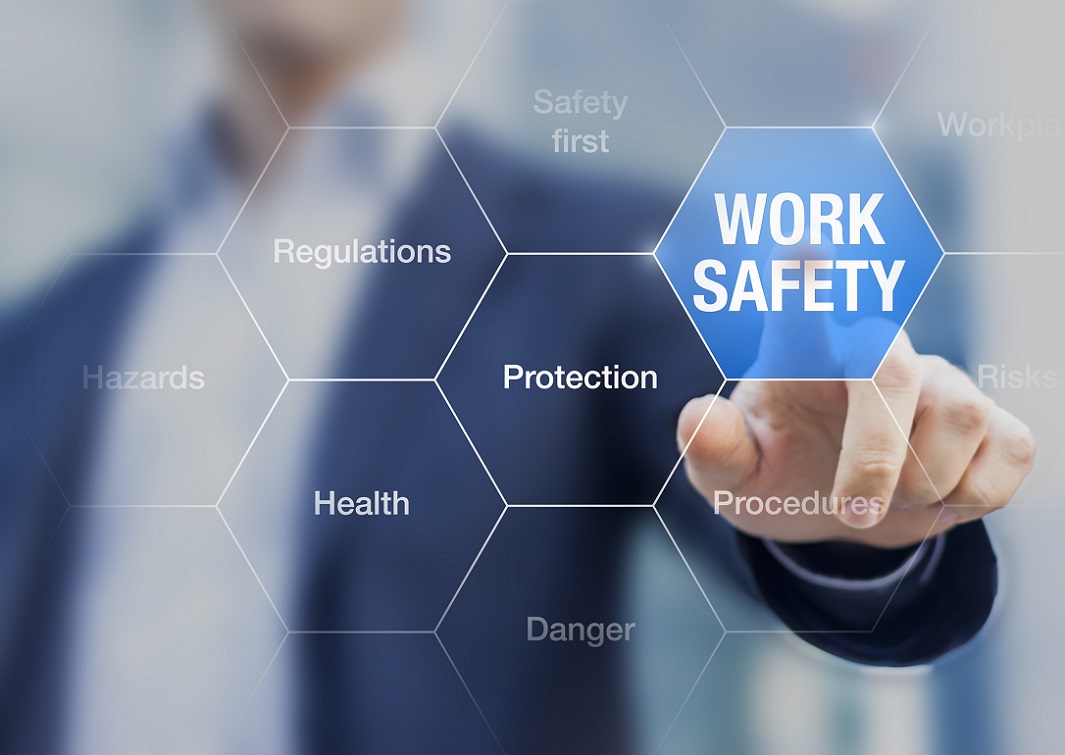Subscribe
Ensuring employee safety is a legal requirement. As a director you have a legal obligation to act in best interests of the company. Here’s what you need to know to meet both obligations
The legal framework
The Corporations Act 2001 (Cth) sets out directors’ duties, while the Occupational Health and Safety Act 2004 (Vic) regulates workplace safety in Victoria.
Directors’ duties under the Corporations Act
Under the Corporations Act, directors have an ongoing duty to exercise care and diligence. They must discharge their duty in good faith and for a proper purpose. Failure to do so can lead to civil or criminal penalties.
In the context of a workplace, the duty is satisfied when a director (without limitation):
- Stays updated on workplace safety issues and changes in legal requirements and standards to ensure that there is a safe place and system of work and good governance
- Understands the operations of the workplace and any risks
- Ensures there are effective risk assessment and reporting processes, safety procedures and workplace safety policies which are appropriately communicated to workers
As a director, you should also ensure that the board receives effective reporting of safety issues. All risks must be reviewed, calibrated and mitigated to ensure you undertake adequate due diligence to discharge your duty of care. Reporting must be transparent.
Directors’ duties under Victorian workplace safety laws
In Victoria, directors have a duty to ensure the health and safety of workers in the workplace.
The definition of workers is broad. It includes:
- Employees
- Contractors and subcontractors
- Labour hire company workers and outworkers
- Apprentices and trainees
- Work experience students and volunteers
As a director, you must, where reasonable:
- Provide and maintain a safe work environment, and safe work systems
- Provide proper facilities for workers, including drinking water and toilets
- Provide training and information about workplace safety, including a workplace safety policy
- Conduct risk management to identify and prevent safety issues
Why the duties are important
The impact of the COVID-19 virus illustrates the importance of workplace safety. If your company operates an essential service, your workforce needs protection from infection. One COVID-19 diagnosis can attract adverse publicity, harm your customer base, and cause irreparable reputational risk and damage.
You must take every precaution to stop the risk of contracting and spreading COVID-19 in the workplace.
Workplace safety and good governance
Workplace policies and systems should inform workers of hazards and risks. This is part of the complex chain of essential governance controls around policies, processes, systems and procedures that every workplace should have.
How you can meet the requirement to exercise due care and diligence for a safe workplace
There are many requirements to achieve workplace safety obligations while satisfying your directors’ duties. They include:
- Maintaining a workplace safety policy
- Transparent reporting of health and safety issues
- Monitoring the company’s workplace safety performance
- Continually reviewing safety systems to make sure they’re in step with legal requirements
- Implementing and maintaining safety induction and training programs for workers
The bottom line
Workplace safety is a serious issue, especially if you’re a company director. Directors’ duties are non-delegable. You cannot be passive and must know what is going on in your workplace.
We recommend specialist advice to help you understand how to meet your obligations without compromising a safe place and system of work. It’s paramount that you’re able to act in the company’s best interests and look after the welfare of your workforce.
We’re experts in company law and workplace law. We conduct risk management reviews and assessments to help you comply with your legal obligations.
Contact Garth Fountain-Smith for more information.
DISCLAIMER: We accept no responsibility for any action taken after reading this article. It is intended as a guide only and is not a substitute for the expert legal advice you can get from marshalls+dent+wilmoth and other relevant experts.
Subscribe




